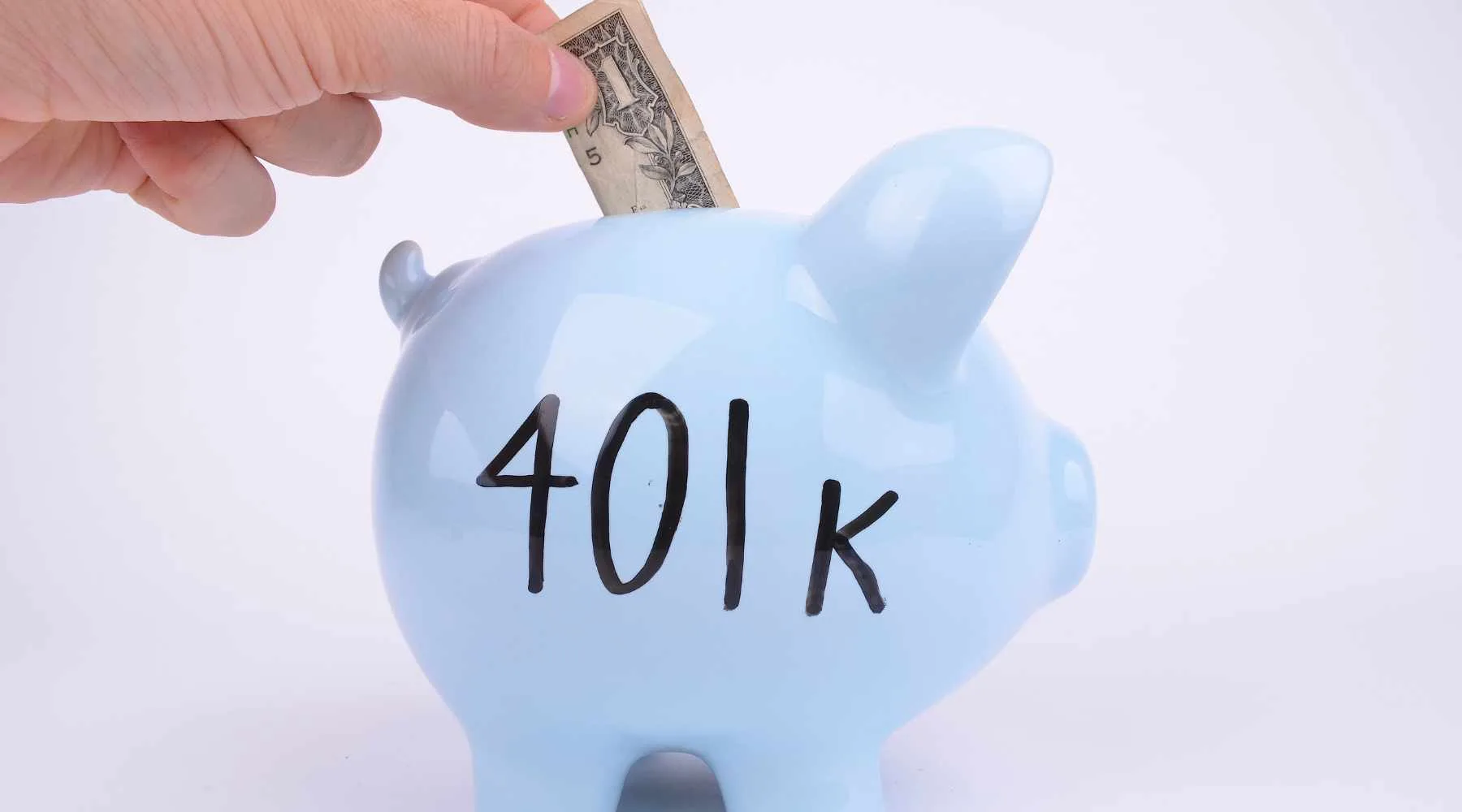Trading freedom for finance: Australians could save $138K over 5 years

Choosing to flatshare with your mates can set your finances back up to 10 years, according to new research by Finder.
Finder analysed the average cost of living in a rental property to calculate the potential savings from choosing to live at home.
The average cost of living out of home amounts to $480 per week – equivalent to $24,927 a year – plus an additional $950 estimated spend on one-off items such as furniture, appliances and kitchenware.
By choosing to live with their parents and put the same money into a savings account, renters could accrue an average of $137,802 over 5 years.
Sarah Megginson, money expert at Finder, said living at home can fast-track savings exponentially for young people trying to get on the property ladder.
"Staying at home for a few extra years rent-free and taking advantage of compound interest can add tens of thousands of dollars to a person's savings.
"Often, people move home to save but they keep up poor spending habits, so they don't end up ahead financially. Having a budget in place and minimising spending is the key to maximising your savings."
The average young Australian (gen Z and millennial) has $17,917 in savings and saves an average $872 per month, according to Finder's Consumer Sentiment Tracker*. Finder analysis shows putting this money in a high interest savings account could accrue to $216,053 over 5 years.
By contrast, it would take the average renter an extra 10 years to catch up to this level of savings.
Megginson said living out of home is a costly feat for young people, combined with record inflation driving up the cost of living.
"It's not surprising many have found themselves unable to continue to afford rent, especially during these difficult times.
"However, for some, living in the family home is not always a viable option."
For renters looking to crack the property market, Megginson suggests creating a budget strategy.
"Set yourself a timeframe for buying a home, then work out how much you need to save each month to meet your target.
"Consider moving to a cheaper suburb or downsizing to a smaller place. Even a small difference in your weekly rent could save you thousands of dollars a year."
Megginson says cutting down unnecessary expenses such as pricey gym memberships and eating out can also make a significant impact in the long run.
"Getting on top of your finances is crucial, and starting with something like the Finder app is a great way to get your spending under control and see where your money is going.
"Also, high interest rates mean there is great value to be had in a good savings account – any money you can save can be making more money for you in the right savings account," Megginson said.
Cost of renting
| Expenditure | Average cost per week | Average cost per year |
|---|---|---|
| Rent | $289 | $15,002 |
| Household bills | $44 | $2,274 |
| Groceries (including alcohol) | $144 | $7,488 |
| Household maintenance items | $3 | $163 |
| Total | $480 | $24,927 |
| Source: Finder, CoreLogic. Median-priced capital city rental in the December 2022 quarter divided in half assuming an average 2-bedroom flat. Figures rounded to the nearest dollar. |
*Finder's Consumer Sentiment Tracker, January 2023.
Stuck in the rent trap? Here are a few ways to save for a house deposit while renting.
Ask a question
